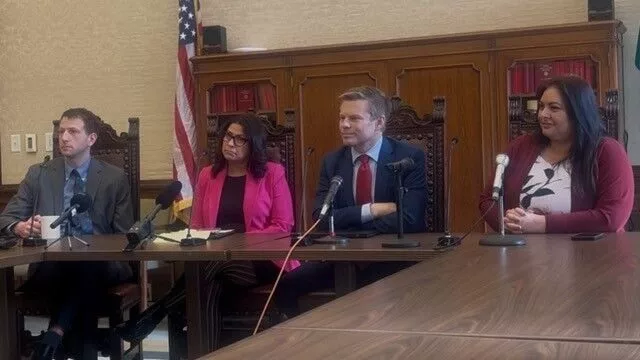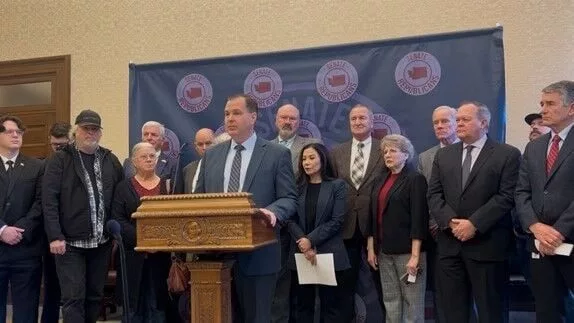(The Center Square) – With homeless service providers transitioning to a housing first approach, at least one Washington state lawmaker is seeking legislation to ensure tax dollars are being used effectively in dealing with the challenge of the unhoused.
The King County Regional Homelessness Authority is now looking into a housing first approach in the form of its recently approved five-year plan that estimates a potential cost of $450 million to $1.1 billion per year over the next 10 years to increase housing as a solution to homelessness in the region.
State Rep. Jenny Graham, R-Spokane, has prefiled House Bill 1872 that would require homeless service providers like the King County Regional Homeless Authority to submit annual plans revealing their goals and targets for the next year.
Graham’s bill seeks answers to four questions: Who is getting the money? How much are they getting? What is their plan? Where are the receipts?
“You can not fix what you can’t measure and this [bill] requires them to submit data that says how much money they’re spending on salaries and administrative costs,” Graham told to The Center Square in a phone call. “If you have bloated administration with all these six-figure salaries, the money is not trickling down to where we need it to go.”
The state has nothing in place to properly audit grant recipients, according to Graham. Under HB 1872, if a service provider does not submit the required information to the Washington State Auditor’s Office, then they are out of compliance and not eligible to apply for any grants until they are found to be in compliance.
If grant recipients are caught misappropriating funds, they can be permanently barred from receiving any more funds.
The King County Regional Homelessness Authority’s 2023 budget totals $253.3 million, with funding from Seattle, King County, the state Department of Commerce, the U.S. Department of Housing and Urban Development, and private foundations.
HUD also released a package of grants earlier this year totaling $486 million to help 62 communities address homelessness. Washington state received $8.4 million from the package.





